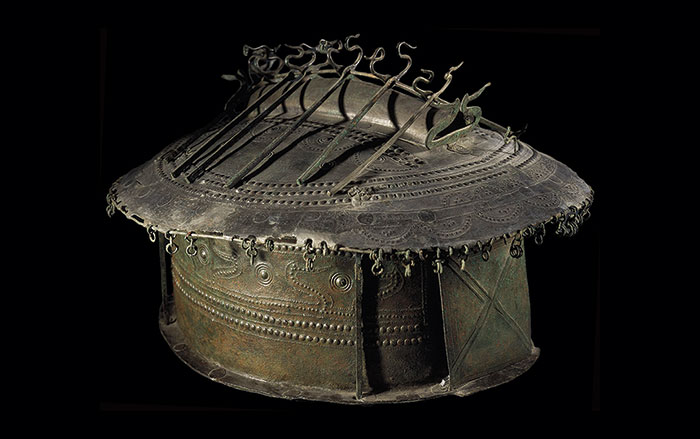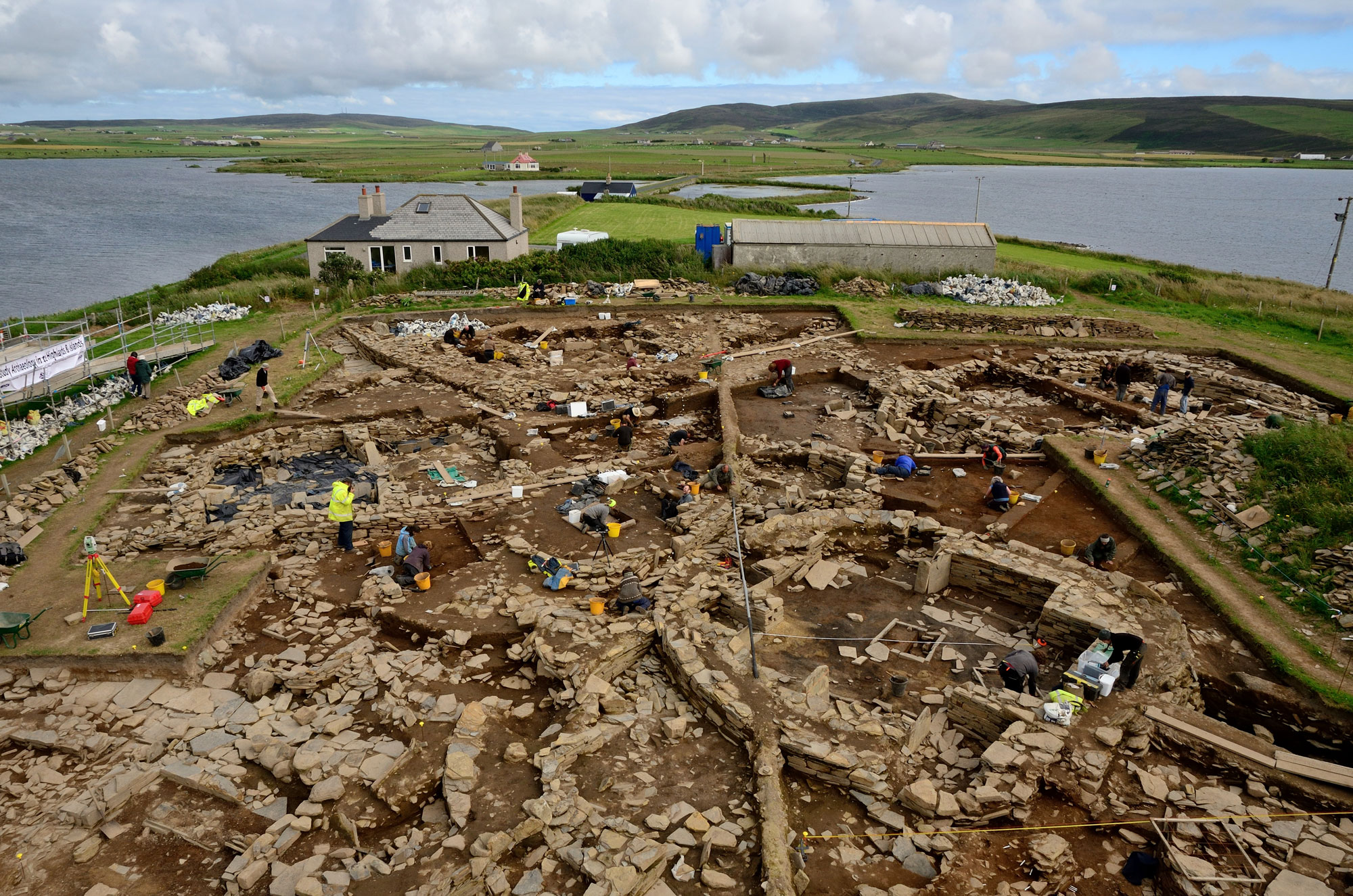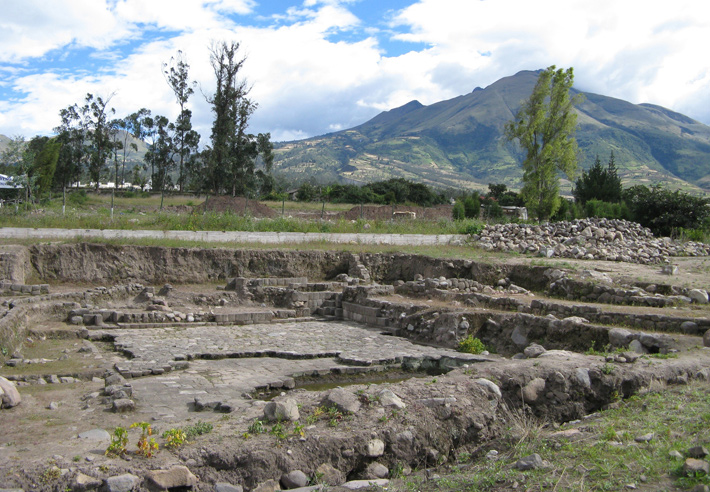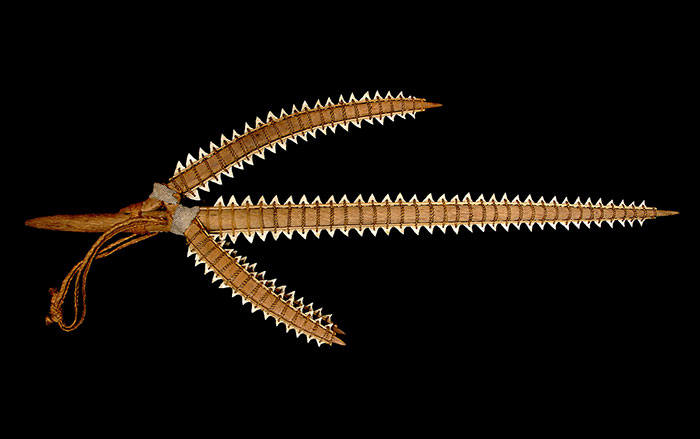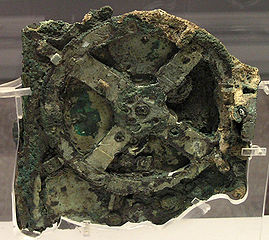
WOODS HOLE, MASSACHUSETTS—Last fall, a team of researchers from Woods Hole Oceanographic Institution and Greece’s Ephorate of Underwater Antiquities investigated the deep, treacherous waters surrounding the Greek island of Antikythera, where the bronze clockwork device known as the Antikythera Mechanism was discovered by sponge divers at the turn of the twentieth century. They found that artifacts, including a lead anchor stock, a pipe that may have been used to drain water from the ship’s deck, and an intact amphora, still litter the shipwreck site. There are also objects that look like they could contain bronze fragments. “I’m intensely curious about what’s in the sediments,” said Brendan Foley of Woods Hole. Be sure to view these pictures from the recent dives and images of other Antikythera artifacts that are housed in the National Archaeological Museum in Athens.






